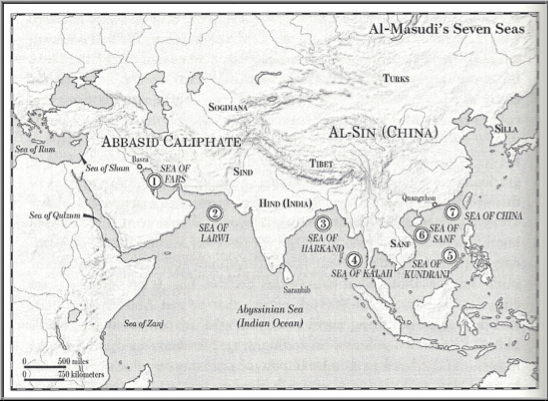
Legendary Aloeswood from India | A Short-Story From 9th Century CE
Legendary Aloeswood (Agarwood) from India | A Short-Story From 9th Century CE
It is said that aloeswood (agarwood) was in such short supply in the time of the caliph Al Mutawakkil that he sent an envoy to India with presents to request a supply. The envoy who was apparently the famous courtier Ibn Hamdūn al-Nadīm, found the king of India in Lahuwār (Lahore?) to be most hospitable, for he had been raised in exile in Oman and was thus conversant with Arabic as well as Indian culture. His court was rich with imported goods from the Middle East and Iran, including perfumes.
“Before him were vessels of gold and silver; and many Iraqi metalworks, all beautiful and filled with camphor, rosewater, ambergris, the compound perfume called nadd and figurines. The nadd was likely an import from the Middle East rather than an Indian incense, given the context and the figurines would have been made from aromatics such as ambergris"

"At the end of lbn Hamdūn's extended stay the king, whose friend he had become, burned for him a rare aloeswood that was a sliver smaller than half a dāniq (around the size of a coin). It had an indescribably pleasant scent, and it lingered in cloth after repeated washing with soap. Apparently this rare scent was the stuff of legends, for the wood grew in an inaccessible place and only could be had by shooting deer that happened to have been there and sometimes were found chewing on bits of it, hence its extreme rarity. Al Mutawakkil received half of a ratl ( little more than half kg) of it and deemed it worth the expedition after he had censed with it."

Leave a comment
Also in Historical Accounts of Oud

The Story of Aloeswood of Ubayd-Allah | A Short Anecdote from History

Agarwood in Various Religions
Agarwood in Various Religions - Agarwood is highly revered in the seminal texts of Hinduism, Christianity, Buddhism, and Islam.




Yawar Saeed
Author
The visionary founder behind Indicana Oud, your premier destination for authentic oud products. With a deep-rooted love for oud and a commitment to authenticity, Yawar's mission goes beyond business; he seeks to enlighten and educate others about the multifaceted aspects of agarwood